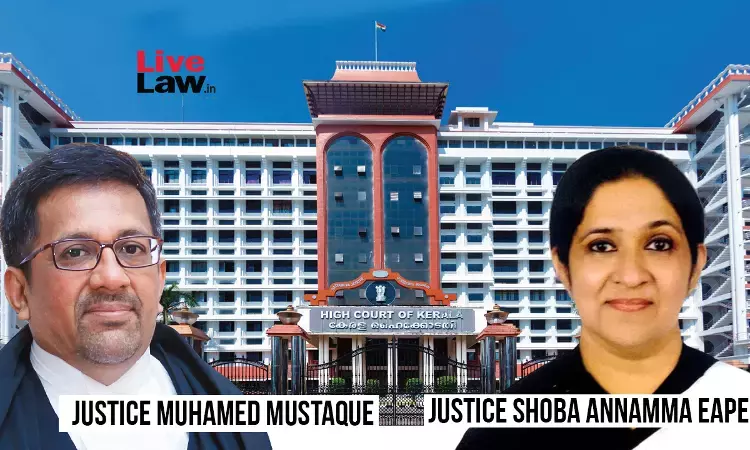Kerala HC Quashes Order Transferring C-DAC Scientist To J&K, Says Transfer Would Affect His Disabled Son's Legal Rights
Tellmy Jolly
20 Dec 2023 9:06 AM IST

Next Story
20 Dec 2023 9:06 AM IST
The Kerala High Court recently quashed an order transferring a senior scientist at the Centre for Development of Advanced Computing (C-DAC) whose son faces 65% permanent locomotor disability. The Court held that the transfer order violated the legal right of the disabled son to be taken care of by his father.Relying upon the UN Conventions and Rights of Persons with Disabilities (PWD) Act...
